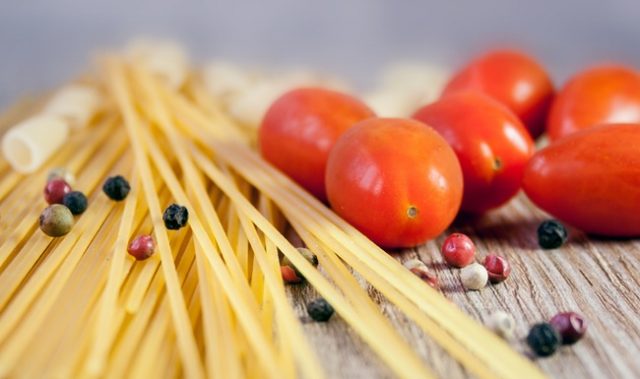
AsianScientist (Oct. 19, 2011) – A multi-disciplinary team of researchers has shown that people on a ten percent protein diet will eat more snacks between meals and consume significantly more calories in total compared with people on a 15 percent protein diet.
The results, published in the online journal PLoS ONE, represent the first scientifically supported evidence that dietary protein plays an important role in appetite and total food consumption in humans, and are an important step in addressing the global obesity epidemic.
“Humans have a particularly strong appetite for protein, and when the proportion of protein in the diet is low this appetite can drive excess energy intake,” said lead author Dr. Alison Gosby from the University of Sydney.
The ‘protein-leverage’ hypothesis, first proposed by Professor Steve Simpson and co-author David Raubenheimer, proposes that animals have a fixed protein target, which they will defend at the expense of other nutrients.
“Our previous work on slime molds, insects, fish, birds, rodents, mink, cats and monkeys has shown that animals have separate appetites for protein, fat and carbohydrate. Interestingly, if protein in the diet is diluted, even by a small amount by extra fat and carbohydrate, the appetite for protein dominates and they will keep eating in an attempt to attain their target level of protein,” Prof. Simpson said.
Although it has previously been suggested that protein content plays an important role in determining overall energy intake in humans, and is therefore linked to obesity, until now experimental verification has been lacking.
In their new study, the researchers created three menus that represented low (10 percent), intermediate (15 percent) and high (25 percent) protein, based on data from the World Health Organization recommending people eat 15 percent protein diets.
The researchers then took a group of 22 lean people and fed each subject each of the three menus during three separate four-day periods, monitoring energy intake over each four-day period and hunger ratings on day four.
The researchers found subjects who ate a 10 percent protein diet consumed 12 percent more energy over four days than those eating a 15 percent protein diet. Moreover, 70 percent of the increased energy intake on the lower protein diet was attributed to snacking.
When the protein content was further increased to 25 percent, however, the researchers observed no change in behavior relative to the 15 percent protein diet. On the fourth day of the trial, however, there was a greater increase in the hunger score between one to two hours after the 10 percent protein breakfast versus the 25 percent protein breakfast.
“Our results indicate low protein diets will cause humans to overeat. Tragically in the modern westernized environment there are many factors encouraging us to eat foods that are high in sugars and fat, including reduced cost and increased availability of these foods,” Dr. Gosby said.
The article can be found at: Gosby AK et al. (2011) Testing Protein Leverage in Lean Humans: A Randomised Controlled Experimental Study.
——
Source: University of Sydney.
Disclaimer: This article does not necessarily reflect the views of AsianScientist or its staff.












